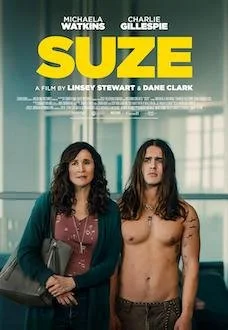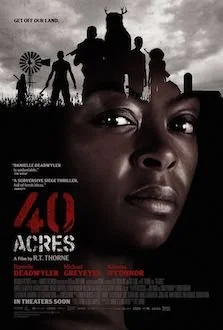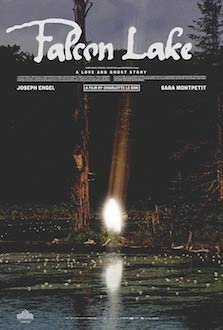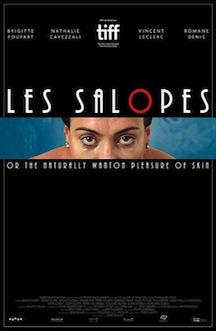Directed by Bob Nelson
Country: Canada
“The Confirmation” is an unfussy comedy-drama that relies on a down-to-earth script to provide us with a good time for relaxation, also taking the opportunity to relaunch Clive Owen who was distant from an interesting role since 2012, when he starred as an MI5 officer in the political thriller, “Shadow Dancer”.
Directed by Bob Nelson from his own screenplay, the film puts aside the mediocre, pathetic tones brought by the modern comedies in detriment of a sober and more realistic approach, in a story about a sensitive eight-year-old boy who shows a gorgeous complicity with his good-hearted yet alcoholic father.
The smart boy, Anthony (Jaeden Lieberher), despite confused about religion, is preparing himself psychologically to do, all at once, the first communion and the confirmation, within one week. At church, carrying a disarming innocence, he drives the priest crazy as he confesses a total absence of sins. His mother, Bonnie (Maria Bello), and father, Walt (Owen), who no longer live together, are waiting for him outside. Anthony is going to spend the weekend with his dad while Bonnie and her wealthy boyfriend, Kyle (Matthew Modine), go out of town. Walt, a down-on-his-luck carpenter who’s not a bad guy at all, is warned by his ex to stay away from alcohol, an old problem that is still not completely put away.
The weekend brings restlessness for father and son, and not only because of the adult’s drinking problem. After finally being hired for a job, Walt realizes that his valuable toolbox, a legacy of his late father, was stolen from the back of his pickup. Moreover, he receives an eviction note, since he was unable to pay the rent on time, and his car breaks down in the middle of the street.
Breaking into Bonnie’s house and borrowing Kyle’s car, the penniless Walt and the gracious Anthony will undertake a persistent search throughout the town in order to find the thieves and recover the coveted tools.
A few respected ‘informers’ are contacted, cases of Vaughn (Tim Blake Nelson), a reborn Christian who let his kids play with real guns, and Drake (Patton Oswalt), who’s thrilled with the opportunity to play the private investigator and is in the center of the most hilarious situations.
Living from the perfect consonance between Owen and the young Lieberher, the story maintains an amiable disposition and an uninterrupted positive energy that never extinguishes.
Bob Nelson, who was nominated for an Oscar in 2014 for the original screenplay of the extraordinary “Nebraska” (he lost for Spike Jonze), has here an enjoyable directorial debut at the age of 59. By putting into practice a pragmatic plan of action and assuming a subdued predisposition, he created a funny, malleable, optimistic, and well-intended film.
Even not breaking new ground and feeling impetuous in some of the plot’s resolutions, “The Confirmation” throws in feel-good vibrations and a handful of jokes that really make the grade.









































